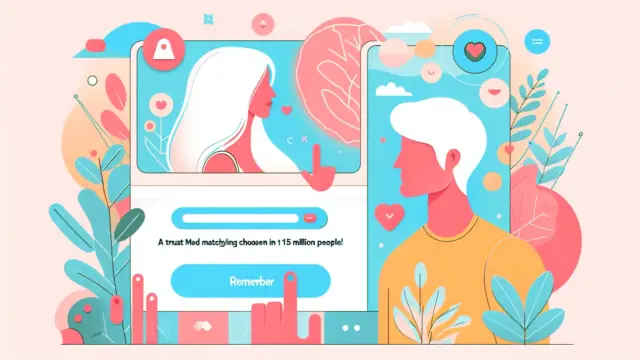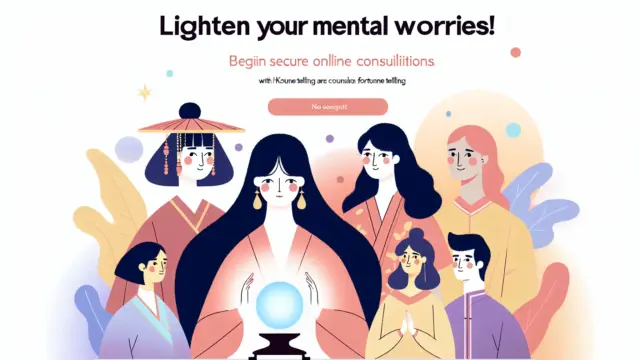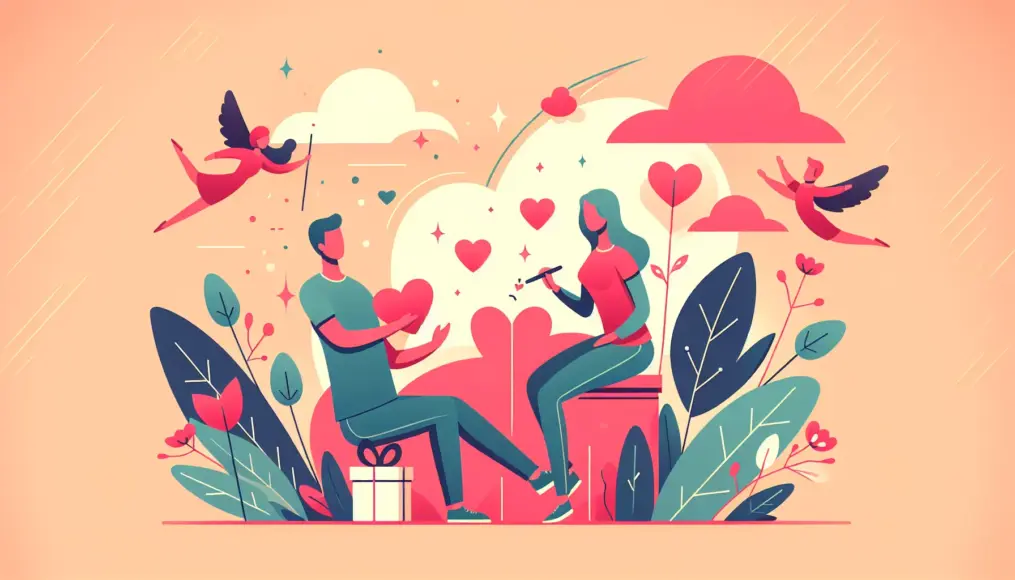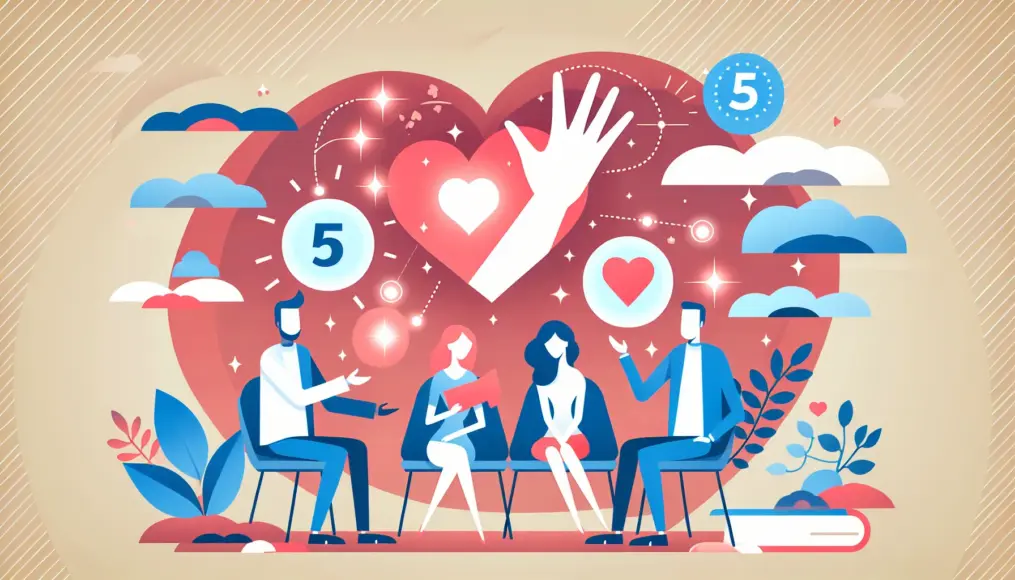Love holds many hidden psychological aspects, and by understanding these mechanisms, we can deepen our appreciation for the moments of love.
How does love at first sight or the transformation of friendship into romance occur?
We will also explore the hormones and psychological triggers that influence our hearts in romantic relationships.
By understanding the psychology of love, hints for nurturing affection and methods for building lasting relationships will become clearer.
Why not take a step into the profound world of romance together?
- What is the mechanism of love at first sight?
- The impact of love hormones on romantic relationships
- Communication methods to nurture lasting love
What Are the Moments Love Begins?
Romance is one of the special experiences in life.
The moments when love begins involve various psychological factors intertwined together.
Understanding how love at first sight or friendship transforms into romance helps us grasp the essence of love.
The Mechanism of Love at First Sight
Love at first sight is a unique moment many people experience.
How does this moment, strongly influenced by visual attraction, get processed in our brains?
In fact, research has shown that love at first sight has biological aspects as well.
- Dopamine is released in the brain, creating a sense of happiness.
- A strong interest in the person we meet for the first time can spark romantic feelings.
- Genetic and social factors are also involved behind love at first sight.
Thus, love at first sight is not merely a coincidence but a phenomenon resulting from complex psychology and physiology.
By understanding it, we can savor the start of a romantic journey more deeply.
When Friendship Turns into Love
The moment when friendship turns into love is a special experience for many.
Over time spent together, friendships often evolve into romantic feelings.
The triggers for this change frequently arise from small incidents or shared experiences.
- In conversations with friends, you may notice new sides of them.
- Spending more time together can deepen emotional connections.
- Shared meaningful memories can lead to the moment when friendship transforms into love.
Such changes are quite natural in the process of romance.
Love that begins with friendship tends to have a solid foundation of understanding, making it more likely to last.
Unraveling the Secrets of Love through Relationship Psychology
Romance is one of the most complex and captivating themes in human relationships.
Behind it lie various elements that influence our hearts and bodies.
In this section, we will delve into the roles of love hormones and psychological triggers in relationships from a psychological perspective.
The Role of Love Hormones
When love blossoms, specific hormones are released in our bodies.
These hormones play a crucial role in enhancing romantic feelings and strengthening bonds.
Notably, oxytocin and dopamine are key players in this process.
- Oxytocin enhances intimacy and trust.
- Dopamine creates feelings of pleasure and joy, particularly active in the early stages of romance.
- Understanding how these hormones work allows us to grasp the mechanisms of love more deeply.
By learning about the influence of hormones, we can better understand how love is formed and sustained.
This knowledge can help us explore how to nurture love in our lives.
Psychological Triggers in Romance
Psychological triggers play a significant role in the moments love begins.
These triggers can evoke romantic feelings through specific situations or emotions.
For instance, music, scents, or particular words can spark feelings of love.
- Music can stimulate emotions and bring back memories of a partner.
- Scents have been shown to directly influence the brain and enhance feelings of affection.
- Certain words or phrases can serve as triggers, fostering closeness with our partner.
By being aware of these triggers, we can create more opportunities to nurture romantic feelings.
Let’s discover hints to deepen our connections in our everyday lives.
The Psychological Effects of Love
Romance is a special emotion that profoundly influences our hearts.
The happiness and joy it brings can enrich our daily lives.
However, romance also comes with bittersweet experiences, such as heartbreak.
In this chapter, we will delve into the psychological effects of love.
We will particularly focus on the happiness brought by love and the psychological damage caused by heartbreak.
The Happiness Brought by Love
The happiness associated with love offers numerous physical and psychological benefits.
When we fall in love, our brains release what is often called the “happiness hormones,” such as dopamine and oxytocin.
These hormones provide us with joy and a sense of security, making love a more enjoyable experience.
- Love often reduces stress significantly.
- It enhances the quality of our relationships and strengthens social connections.
- An increase in happiness boosts our self-esteem.
In this way, love has many positive impacts on our minds and bodies.
The emotional highs experienced during love can truly be seen as a spice that enriches our lives.
The Psychological Damage of Heartbreak
On the other hand, heartbreak can be an extremely painful experience.
The emotional pain can sometimes feel as intense as physical pain.
After a breakup, self-esteem often diminishes, and it can affect relationships with those close to us.
- Heartbreak can lead to increased emotional stress.
- Feelings of loneliness and sadness may arise, causing one to lose sight of themselves.
- Anxiety and fears regarding future relationships can also emerge.
Understanding this psychological damage can help pave the way for recovery.
To overcome heartbreak, it is important to take time to heal and prepare for new love.
How to Nurture Lasting Love
As romance deepens, it becomes essential to build a lasting relationship.
Trust and communication serve as the foundation for sustaining love.
In this chapter, we will explore methods for building trust and key points for maintaining affection through communication.
Building Trust
Trust is a crucial element in any romantic relationship.
By deepening trust with your partner, you can forge a stronger bond.
While trust takes time to develop, there are several ways to strengthen its foundation.
- It’s important to respect and strive to understand your partner’s feelings.
- Practice open communication and discuss any doubts or concerns honestly.
- Keeping promises and demonstrating sincerity towards your partner also contribute to building trust.
Through these efforts, you can establish a trusting relationship with your partner, laying the groundwork for lasting love.
Communication that Sustains Affection
Communication is vital for nurturing affection.
By effectively conveying your feelings and thoughts, you foster a deeper understanding.
Here are some points to maintain affection through communication.
- Set aside regular time to check in on each other’s feelings.
- Don’t forget to express small surprises and words of gratitude, which deepen affection.
- If opinions differ, calmly discuss and respect each other’s viewpoints.
By practicing these communication strategies, you can sustain affection and build a stronger relationship.
Conclusion
Romance is an essential aspect of our lives that brings joy and growth.
Understanding the moments when love begins and the psychological mechanisms behind them can aid in building deeper relationships.
Additionally, valuing trust and communication can make love last longer.
Let’s recap the key points from this article.
- The mechanisms behind moments of love at first sight and friendships turning into romance
- The role of love hormones and psychological triggers
- The happiness brought by love and the damages caused by heartbreak
- Ways to build trust and sustain affection through communication
Love is complex, but that complexity makes it a fascinating theme.
Please share your experiences and thoughts about love in the comments!









Comment